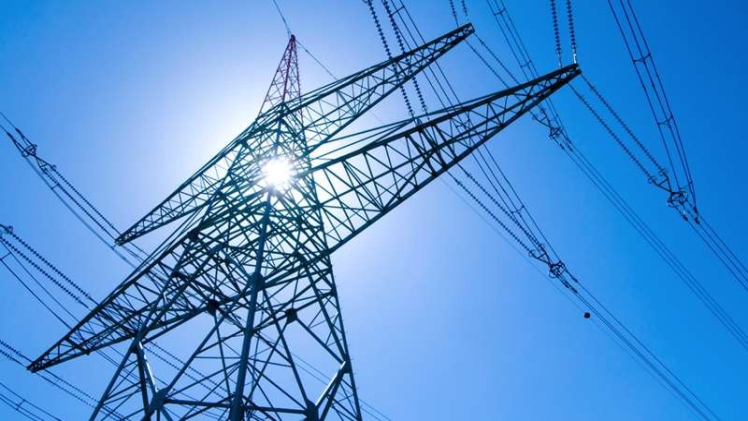We are dependent on different forms of energy in our everyday life and an uninterrupted supply of energy is essential to propel our society and development. Energy is essential for all industries, production, trade, and commerce also. Thus, there is a continuous and growing demand for energy from conventional sources like fossil fuels and their derivatives, electricity, and also from unconventional sources like solar power, throughout the world.
This growing global demand makes energy an important and sought-after commodity. The fact that there are very few countries that can produce energy from natural or artificial sources makes it a scarce commodity as well. As energy is sold and bought worldwide with a sufficient supply and demand, it can be traded like any other commodity. Thus, energy trading is trading in energy commodities in various forms.
Trading in physical energy
The most commonly traded energy commodities are fossil fuels like crude oil and its derivatives, coal, and natural gas. The other form of commonly traded energy is electricity, produced by both hydel and thermal power.
-
Crude Oil
Fossil fuels like crude oil and natural gas are naturally occurring. They have to be extracted from the Earth and the exploration, production, and refining of these reserves require careful speculation.
Crude oil can be refined to obtain many derivatives like gasoline, Liquified Petroleum Gas (LPG), Diesel, Kerosene, Jet fuel, Naphtha, etc. Heavy distillation also produces bitumen, lubricants, heavy fuel oil, etc.
This inconsistency in the production of crude oil and their derivatives with the demand leads to speculation in their prices and makes the energy sector such an attractive investment.
The main difference between trading in oil and other commodities is that the price of oil doesn’t depend on the supply and demand but the futures market. Futures are financial contracts where a trader can buy or sell an asset at a set price at a point of time in the future. Oil can also be traded in the normal financial markets like normal commodities.
-
Natural Gas
Like oil, natural gas is extracted and purified before transported to the customers. It is either piped or converted into a liquid state (LNG) and shipped. The price of natural gas depends on the global supply and demand of the physical product as well as future expectations.
The price fluctuates as it is traded on an exchange like crude oil. It is usually traded in British Thermal Units(BTUs)
-
Coal
Coal is the most abundant fossil fuel available across the globe. The use of coal as a domestic fuel has decreased but the demand for steam coal or the type of coal used to produce thermal power is always there. It is traded in tonnage and like oil and gas, coal is also traded in the futures market and also over the counter in the financial market.
-
Power/Electricity
This is the form of energy we are familiar with in our daily life. As electricity is being consumed and produced constantly, the effort to balance the regular supply and demand is more evident in the case of electricity than other forms of energy.
Electricity or power trading or happens a ‘day ahead’ or in ‘intraday’ or ‘real-time. This is done as the trading is based on predicted or real-time data on the supply and demand. This nature of trading helps the utility companies to secure energy at a stable price.
-
Petrochemicals
Petrochemicals are derived from petroleum or natural gas and are present in our daily life in several ways. you can find them in many household goods to medicines and electronic and mechanical parts.
Traders generally trade petrochemicals in addition to oil derivatives and products. As petrochemicals serve as raw materials for various components and industry, their production and subsequently trading is affected by feedstock markets and prices.
Trading in Derivatives
Apart from physical trading, energy can also be traded as energy derivatives. These are contracts that are based on an underlying physical form like crude oil, natural gas or power, etc. These contracts can be traded in various forms like futures, options, and over-the-counter formats.
You can trade in energy in many ways. You can purchase shares in an oil and gas or coal company or a firm producing electricity. You can even engage in day trading in the prices of physical energy commodities or trade in the Exchange Traded Funds (ETFs), derivatives, and the futures market. Whatever you chose to invest in, do your homework well just like any other financial market.
Read More About: apkpure

